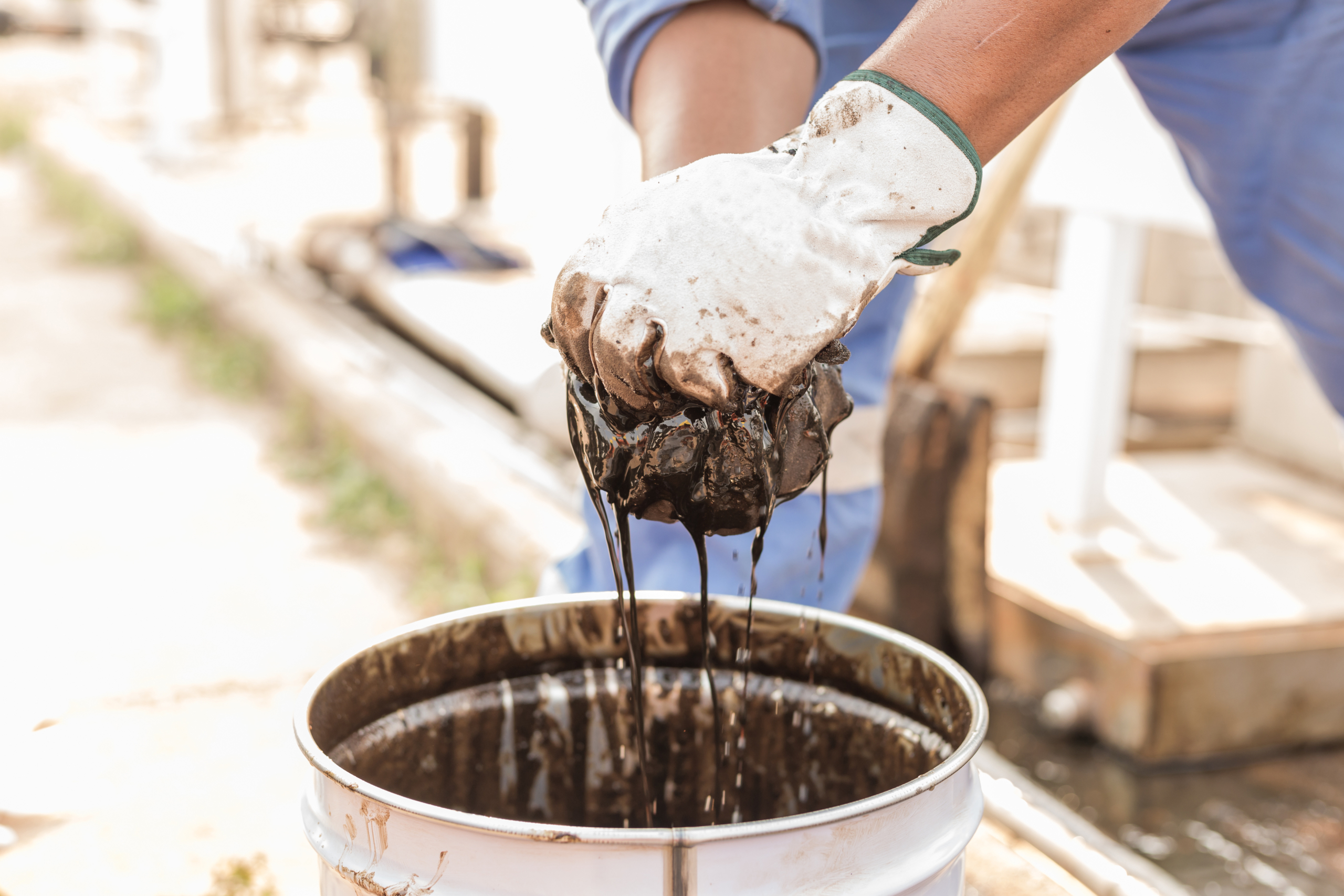
Environmental Guidelines for Hazardous Waste Handling
Whether managing a fleet of trucks and commercial vehicles or maintaining generators and other heavy equipment, staying in compliance with the rules and regulations is key. The environmental regulations for hazardous waste handling, are changing with the times. It takes extra attention to stay current and a partner like Select Environmental can make compliance much simpler.
This article offers advice, recommendations, and resources to help you keep your trucking fleet or other business on the right side of the rules and regulations.
Navigating Environmental Compliance
Sticking to environmental guidelines is about more than just protecting Mother Earth and doing what’s right. The federal, state, and local governments are more serious than ever about enforcing the rules.
Companies that are too casual about environmental compliance and handling hazardous materials like used engine oil or coolant can face steep fines or even legal trouble.
Below we’ve provided some actionable advice for trucking fleet managers, plant managers, boating marina managers, and those who maintain heavy equipment to remain compliant with federal, state, and local regulations.
Environmental Guidelines for Fleet Managers
Whether you’re in charge of a fleet of five vehicles or 500, part of the job, as you know, is looking after all the hazardous materials that are a part of keeping your fleet operating.
Everything from disposing of used engine oil, coolant and antifreeze, solvents, old batteries, tires — you name it. There’s a bunch of material that can do real damage to groundwater as well as plant and animal life.
Compliance Focus: Fuel Storage, Emissions, and Spill Prevention
- Safe Fuel Storage: Ensure tanks are equipped with spill containment systems and regularly inspected for leaks. The best fuel suppliers, like MSP, offer fuel management along with delivery services that can help with tank maintenance.
- Emissions Compliance: Stay updated with the latest EPA regulations regarding truck emissions. Regular maintenance checks can reduce the risk of non-compliance. When thinking about environmental compliance, many people overlook the emissions part. Make sure you have enough DEF on hand too.
- Preventing Spills: It’s a whole lot easier to avoid spills than it is to clean them up after the fact. Ensure you have a solid spill prevention, control, and countermeasure (SPCC) plan. Training employees on proper handling and immediate spill response is crucial.
Environmental Guidelines for Boating Marina Managers
Anyone who manages a marina or dock and deals with marine diesel fuel and recreational or commercial boating needs to be up to date on the rules. Protecting America’s waterways as well as the ocean is a serious responsibility.
Failure to comply with environmental rules and laws can lead to hefty fines or even having your business suspended or shut down. Avoid red tape and legal hassles by knowing your current local, state, and federal environmental guidelines and following them.
Compliance Focus: Fuel Dispensing and Water Pollution Prevention
- Dispensing Fuel: Install and maintain proper fuel dispensing equipment to prevent leaks and spills. Regularly train staff on emergency response procedures. Pumps, hoses, tanks, and filters all need to be shipshape.
- Preventing Water Pollution: Develop and implement a marina management plan that includes best practices for fuel handling and spill prevention to protect water quality. Whether you’re on a river, lake, bay, or the sea, the buck stops with you. Make sure you have a solid plan to stay environmentally compliant.
Generators and Heavy Equipment Maintenance
Nearly every business under the sun works with generators. If you’re in construction or work for a major utility provider, there is heavy equipment involved that requires regular maintenance and looking after.
That “looking after” goes beyond staying on top of oil changes, lubrication, and maintenance. It also means managing the by-products of the work you do. That may be anything from used motor oil to diesel fuel, solvents, or hydraulic fluid. Anything that’s hazardous especially, must be well-managed.
Compliance Focus: Storage Tank Management and Equipment Servicing
- Storage Tank Management: Above-ground and underground fuel storage tanks must comply with federal and state regulations to prevent leaks and groundwater contamination. Having a fuel management program that includes maintenance can help make this easier.
- Equipment Servicing: Maintaining heavy equipment produces hazardous waste products that need special handling. Proper disposal of used oil and lubricants is essential. Partnering with a fuel supplier that also handles environmental services makes it much easier to stay compliant.
Best Practices for Environmental Compliance in Any Industry
- Regular Training: Educate your team on the latest environmental laws and best practices for handling used motor oil and other hazardous materials.
- Maintenance and Inspections: Regular checks can prevent environmental hazards and ensure equipment is operating as it should.
- Emergency Response Plan: Be prepared for spills and leaks with a comprehensive response plan that includes immediate containment and notification procedures.
- Practice Sustainability: Do more than the minimum. Take the initiative to use less toxic materials where possible, explore biofuels, pay extra attention to fuel efficiency, and conserve electricity and water.
Manfield Service Partners & Select Environmental
Businesses in the trucking, industrial, maritime, and heavy equipment sectors can contribute to a clean environment while avoiding penalties and enhancing efficiency — all it takes is the right support and willingness.
When you work with Mansfield Service Partners and Select Environmental, you know that the needs of your business are in capable hands. From 24-hour fuel delivery to industrial lubricants, DEF, and environmental services, like used oil collection — we’ve got you covered.
Contact Mansfield Service Partners & Select Environmental for your business today. Reach us at (800) 683-1331 or email any inquiries to info@mansfield.energy


